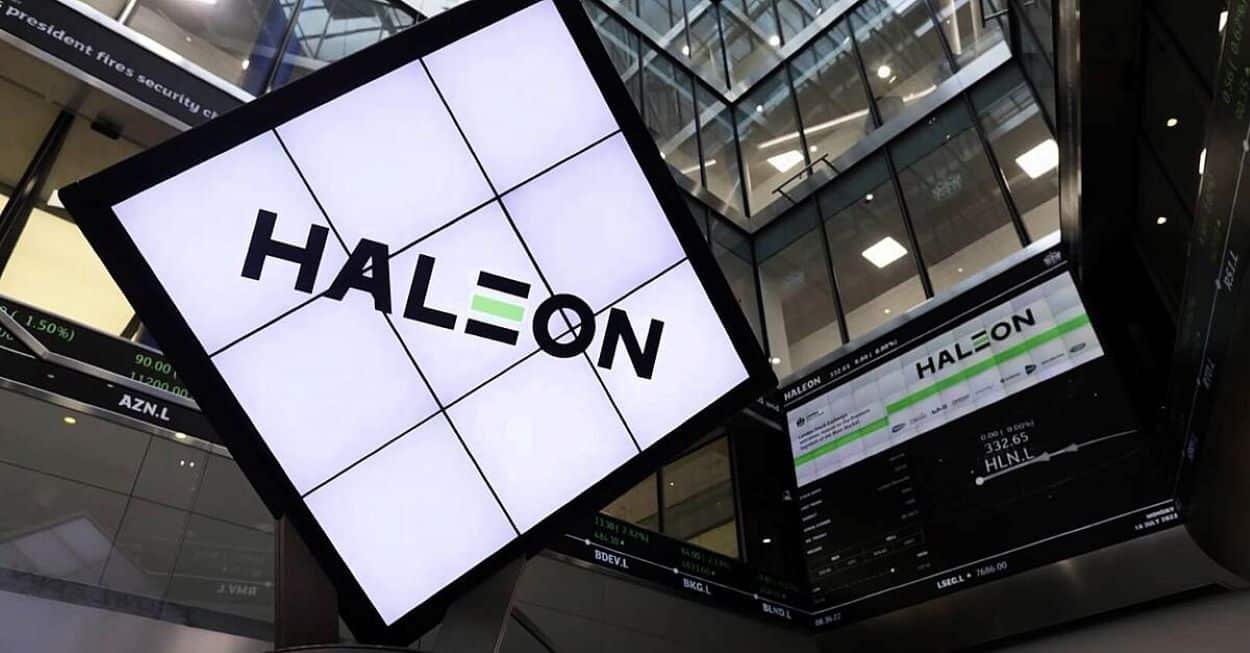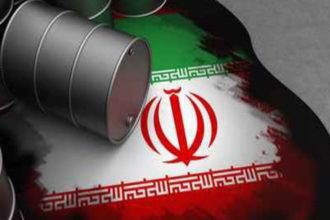Haleon Pakistan, the local division of the British consumer healthcare company Haleon, plans to manufacture the multivitamin brand Centrum domestically for local sales and export. The company’s CEO, Farhan Muhammad Haroon, announced this strategy to boost sales in the face of declining inflation.
In an interview with Reuters, CEO Haroon detailed plans to expand the company’s pain management products next year, including introducing the Panadol range for menstrual pain and migraines.
“Pakistan hosts an Rs24 billion ($86.30 million) Vitamin Mineral Supplement market, excluding the grey market. Our products, CAC-1000 Plus and Qalsium-D constitute Rs7.5 billion ($26.97 million) of this market,” Haroon stated.
With the introduction of Centrum, Haleon aims to immediately seize 7 to 8 per cent of the market, targeting a significant segment of the category.
Haroon also mentioned plans to offer Centrum in smaller bottles to address concerns about high upfront costs, acknowledging the impact of last year’s inflation peak at around 40 percent. In November, Pakistan’s consumer price index inflation moderated to 4.9 per cent.
Centrum will be imported initially during its launch in the first quarter of 2025, with local production and market-specific variants to follow in the second stage to better meet the needs of Pakistanis and other export markets.
“We currently export our products CAC-1000 Plus and Voltral Emulgel to Vietnam and the Philippines and plan to expand to 19 countries within the next 1 to 1.5 years,” Haroon added.
Haleon Pakistan plans to start manufacturing multivitamin brand Centrum in the country for domestic sales and export, its CEO said, as it seeks to boost sales in the country amid lower inflation.
Read more: https://t.co/fvQkbBnUCM#PharmaSector pic.twitter.com/HUv1egDb6p
— Business Recorder (@brecordernews) December 12, 2024He projected that exports would constitute at least 10 per cent of Haleon Pakistan’s sales within the next two years, an increase from 5 to 6 per cent at its peak in 2022. The CEO also noted that the company invested $10 million last year to enhance its local production capabilities.






